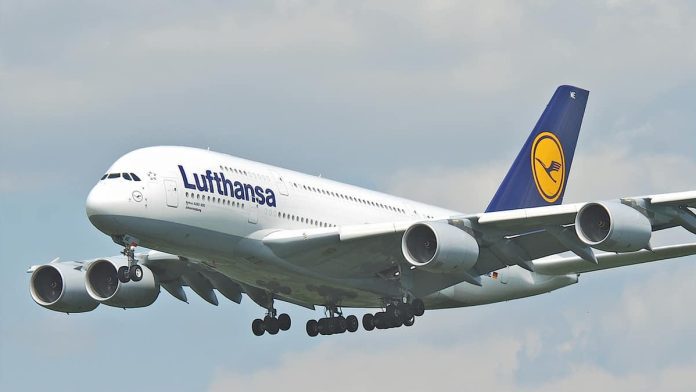Reductions Focus on Administrative Roles
Lufthansa has announced that most of the 4,000 job cuts will take place in Germany by 2030, targeting administrative positions rather than operational ones. The group, which employs around 103,000 people, includes Eurowings, Austrian, Swiss, and Brussels Airlines, as well as the recently acquired Italian airline ITA Airways.
Challenging Economic Context and Digitalization
Read full article here: turnovernews.com
Read also: Hidroelectrica Left Without CEO and CFO to Protect PNRR Funds
Germany is facing its second consecutive year of recession, with unemployment reaching its highest level in the past decade. The economic slowdown has hit large companies, pressured by Chinese competition, high energy costs, and slow adoption of new technologies.
Lufthansa’s announcement comes just days after Bosch revealed plans to cut 13,000 jobs, about 3% of its workforce.
“The Lufthansa Group is reviewing activities that will no longer be needed in the future, for example, due to work duplication,” the company said in a statement.
“In concrete terms, the profound changes brought by digitalization and increased use of artificial intelligence will lead to greater efficiency across many areas and processes.”
Lufthansa has set new financial targets for 2028–2030, including an operating margin of 8–10%.
Photo: freightwaves.com


